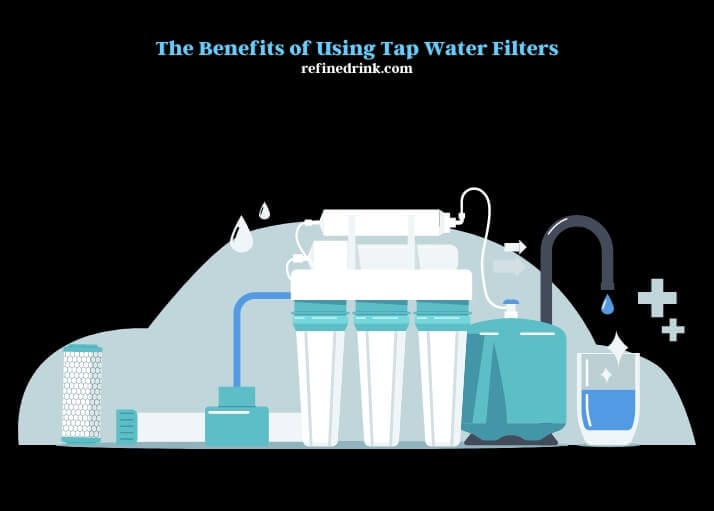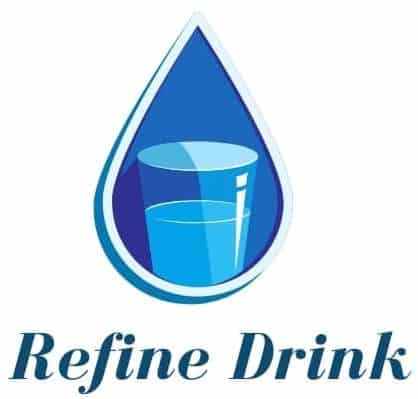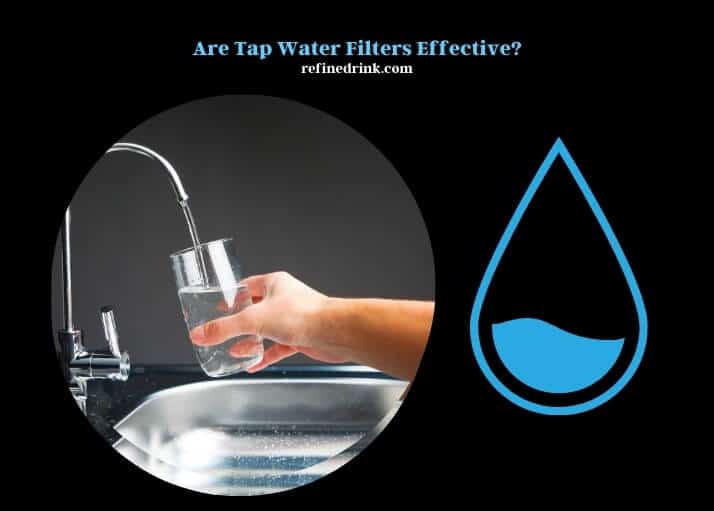Tap water filters have become increasingly popular in households as a practical solution to enhance the quality of drinking water. With growing concerns about contaminants and impurities present in municipal water supplies, these filters aim to provide a convenient and cost-effective way to improve the taste and safety of tap water.
However, the effectiveness of tap water filters can vary depending on the type of filter and the specific contaminants they target. In this discussion, we will explore the factors that influence the efficacy of tap water filters, shedding light on their potential benefits and limitations in ensuring access to clean and safe drinking water.
Understanding Tap Water Contaminants
Before delving into the effectiveness of tap water filters, it’s essential to understand the potential contaminants that can be found in tap water. Tap water can contain various impurities, including:
- Sediments and Particles: These are solid materials like dirt, rust, and sand that can make water appear cloudy and affect its taste and odor.
- Chlorine and Chloramine: Municipal water treatment plants often use chlorine and chloramine to disinfect water, but these chemicals can leave behind an unpleasant taste and odor.
- Heavy Metals: Contaminants like lead, copper, and mercury can leach into the water supply from pipes, posing health risks if consumed.
- Bacteria and Microorganisms: Harmful bacteria and microorganisms can sometimes find their way into tap water, potentially causing waterborne illnesses.
The Effectiveness of Tap Water Filters
Now that we’ve identified the potential contaminants in tap water, let’s explore how tap water filters can effectively address these issues:
- Sediment Filtration:Tap water filters equipped with sediment filters can effectively remove solid particles and sediments, improving water clarity and taste.
- Chlorine and Chloramine Removal: Many tap water filters utilize activated carbon to absorb chlorine and chloramine, significantly improving the taste and odor of tap water.
- Heavy Metal Removal: Some advanced tap water filters come with specialized cartridges designed to reduce heavy metals, ensuring that your water is free from harmful substances.
- Bacteria and Microorganism Filtration: High-quality tap water filters with UV or ceramic filters can effectively eliminate harmful microorganisms, making water safe to drink.
The Benefits of Using Tap Water Filters
Using tap water filters offers several advantages:

- Cost-Effective: Tap water filters are a cost-effective solution compared to bottled water, saving you money in the long run.
- Environmentally Friendly: Reducing the consumption of bottled water helps lower plastic waste, making tap water filters an eco-friendly choice.
- Improved Taste and Odor: Tap water filters can significantly enhance the taste and odor of tap water, making it more enjoyable to drink.
- Healthier Drinking Water: By removing contaminants, tap water filters provide a healthier option for you and your family.
FAQs
Are tap water filters suitable for well water?
- Yes, tap water filters can effectively remove contaminants from well water, improving its quality.
Do tap water filters remove all impurities?
- While tap water filters are effective, they may not remove every single impurity. It’s essential to choose a filter that suits your specific needs.
How often should I replace the filter cartridge?
- The frequency of filter cartridge replacement depends on the filter type and usage. Generally, it’s recommended to replace them every 2-6 months.
Can tap water filters remove fluoride?
- Not all tap water filters can remove fluoride. You should check the product specifications to see if it includes fluoride removal.
Are tap water filters easy to install?
- Yes, most tap water filters are designed for easy installation and can be done without the need for professional assistance.
Takeaways And Top Pick
Tap water filters are effective in improving the quality of tap water by removing sediments, chlorine, heavy metals, and harmful microorganisms. They offer a cost-effective and environmentally friendly solution while enhancing the taste and safety of your drinking water.
Investing in a high-quality tap water filter can provide you with peace of mind, knowing that you and your loved ones are consuming clean and safe water.

